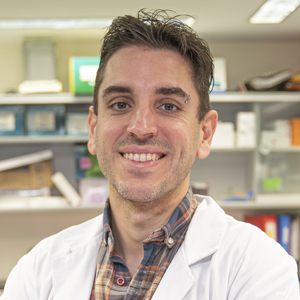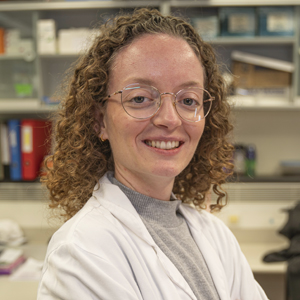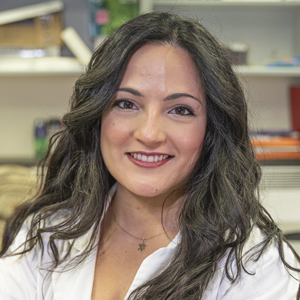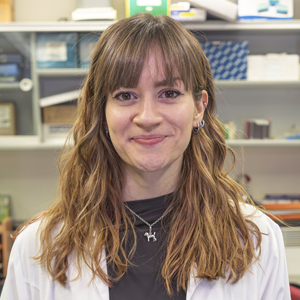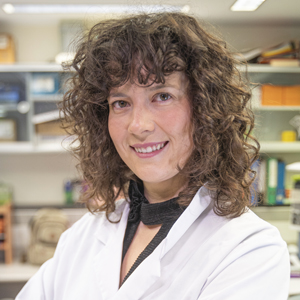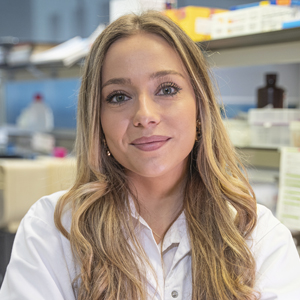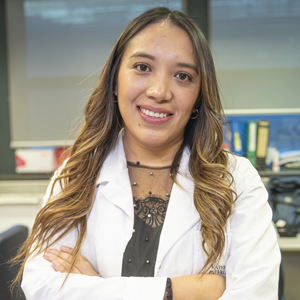Antiretroviral therapy: adverse effects and co-morbidities
Current antiretroviral therapy (ART) has reduced the morbidity and mortality associated with the human immunodeficiency virus (HIV) infection. However, it does not cure the infection –meaning that it does not eliminate the virus from the host– and so treatment is for life. This chronic exposure to pharmacological agents can have numerous adverse effects. In addition, although treatment has improved the quality of life of HIV patients enormously, many epidemiological studies show that they age prematurely and present a higher incidence and prevalence of medical conditions related with advancing age, including chronic hepatic diseases such as non-alcoholic fatty liver disease (NAFLD) and cardio-circulatory pathologies. Our group studies the cellular mechanism involved in the development of HIV-independent morbidities related with the administration of antiretroviral therapy. Currently we have two main lines of research under way:
- Cardiovascular. We study the vascular toxicity of ART by evaluating the physiopathology of the formation of thrombi and other cardiovascular pathologies. We analyse the different phases that precede the occlusion of blood vessels, from pro-inflammatory events (leukocyte-endothelial interaction) to the presence of platelets (platelet aggregation, adhesion of platelets to the endothelium and/or leukocytes). To do this we employ in vitro models (human cells) and in vivo models (thrombosis provoked in mice), as well as blood samples from patients infected with HIV.






